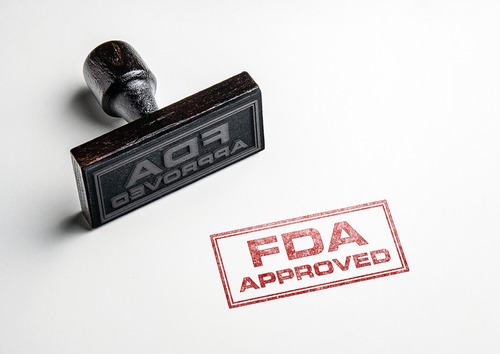
Under a new emergency use authorization (EUA) issued by the U.S. Food and Drug Administration (FDA), the monoclonal antibodies bamlanivimab and etesevimab can be used together for the treatment of mild to moderate cases of COVID-19.
Specifically, they can be used by adults and pediatric patients — at least 12 years old — who either have tested positive for SARS-CoV-2 or are at high risk for a severe case of COVID-19. The EUA, issued to Eli Lilly and Co., also applies to those 65 or older with specific chronic medical conditions. The treatments are not authorized for those already hospitalized due to COVID-19 or who require oxygen therapy.
This is because the antibodies have not been tested on patients hospitalized due to COVID-19. The FDA also warns that monoclonal antibodies like these may actually worsen clinical outcomes when administered to those requiring high flow oxygen or mechanical ventilation.
“Today’s action, which provides another treatment for COVID-19, reflects the FDA’s strong commitment to working with sponsors to expand potential treatment options health care providers can use to fight this pandemic,” said Dr. Patrizia Cavazzoni, acting director of the FDA’s Center for Drug Evaluation and Research. “The data supporting this emergency authorization add to emerging evidence that points to the clinical utility of neutralizing antibodies for the treatment of COVID-19 in certain patients.”
The laboratory-made proteins were tested in a clinical trial of 1,035 patients with COVID-19 who were at high risk for disease progression. Bamlanivimab and etesevimab were administered together through a single intravenous infusion, significantly reducing hospitalization and death during 29 days of follow-up. While hospitalization or death resulted in 36 patients who received placebos, only 11 were hospitalized among those given the combination treatment.
While evaluations are ongoing, the treatments’ potential benefits currently appear to outweigh potential risks.




